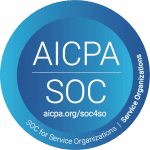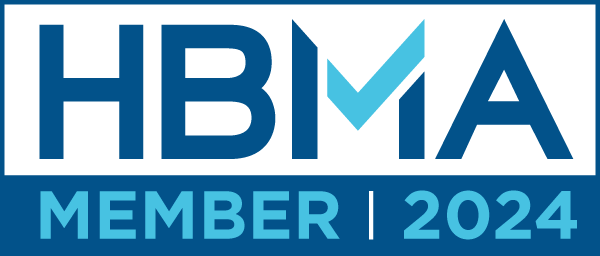How to Prevent Medical Claims Denial: Follow These Steps and Increase Your Clean Claim Rate
At the risk of stating the obvious, the ever-increasing regulations and shrinking reimbursements have pushed revenue cycle management to the front of the line for medical practices, including billing companies. It’s truly unfortunate; delivering exceptional patient care is challenged by the financial burdens of payroll, overhead, and retained earnings. Fortunately, there is a solution, but the process must be ingrained in medical admin staff like any other protocol.
The solution lies in the RPA (Robotic Processing Automation), functionality of revenue cycle management software like PhyGeneSys. PHIMED’s PhyGeneSys offers a technology-based procedure for data collection, claim preparation and submission that mitigates virtually all opportunities for claim denial. It delivers value at each of these critical steps in mitigating the proverbial 227 error code and achieving optimal first-time claims approval.
Step #1. Develop Your Strategy
Creating a strategy for claims management involves identifying and implementing best practices for the entire claims process, from data collection to follow-up on denied claims to accurate payment. The basis for an evidence-based strategy lies in KPIs (Key Performance Indicators) easily generated by the aforementioned software. So, while many ‘how to’ articles may put investing in technology far down the list, we strongly recommend the investment in revenue cycle management software such as PhyGeneSys for a near-immediate ROI.
The foundation of your strategy should include claims data analytics, i.e. identifying the most common reasons for claim denials, as well as any trends in claims processing times or payment rates. Define clear workflows and processes for claims submission, processing, and follow-up. Ensure that all staff members are trained on these processes and that they are followed consistently.
A system such as PhyGeneSys provides the tools to ensure an organized and secure EHR, with established procedures that pre-empt discrepancies in registration, charges, claims submissions, and denial appeal.
Step #2. Verify Insurance Coverage and Eligibility
One of the most common reasons for insurance claims denial is inaccuracies or errors in patient insurance coverage and eligibility. PhyGeneSys verifies patient insurance coverage and eligibility prior to the appointment.
Featuring RPA (Robotic Processing Automation), PhyGeneSys helps your staff validate insurance coverage prior to appointment. Out-of-network services and the estimated costs of potential out-of-pocket charges can be clarified with the patient.
The speed and accuracy of RPA are especially critical with emergency practices and anesthesiologists typically focusing on unscheduled, real-time patient trauma.
By automating many of the manual and time-consuming tasks involved in insurance verification, PhyGeneSys can help medical practices to save time and improve efficiency while also providing patients with a more transparent and streamlined billing experience.
Step #3. Ensure Coding Accuracy: The Most Common Problem
Medical billing codes are complex and constantly changing. Regardless of how well-trained and experienced your coders may be, they will still benefit from the support of PhyGeneSys, which is continually updated and is programmed to challenge any error in coding entry.
According to an article published by AMA, claim denials rose to 11% last year, up 8% from 2021. What’s more, inaccurate registration data and eligibility account for 23.9% of all denials in the U.S.
Inaccurate coding can lead not only to claim denials and delayed payments but to legal issues. For example, if a healthcare provider submits a claim with inaccurate codes that result in an overpayment, they may be required to refund the excess payment, which can be costly and time-consuming. Furthermore, the healthcare industry is heavily regulated, and accurate coding is necessary to comply with government regulations such as HIPAA and the Affordable Care Act. Noncompliance with these regulations can result in significant penalties and fines.
For additional information on PhyGeneSys and PHIMED, call 800-909-7240 or email info@phimed.com.









